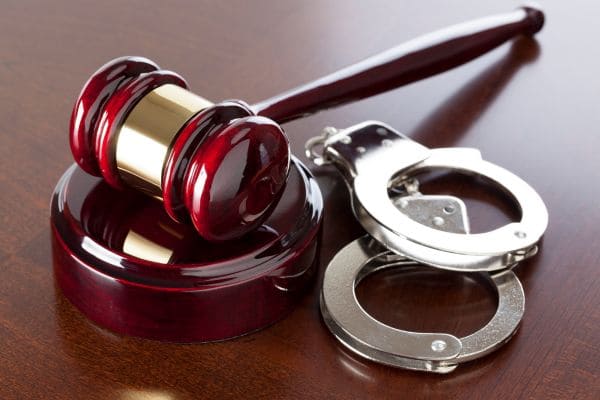In the Plurinational State of Bolivia, non-responsibility results in a complete exemption from criminal penalties, provided that certain clinical and legal criteria are met.
WHAT DOES IT MEAN TO BE CRIMINALLY NON-RESPONSIBLE?
A person is considered non-responsible (inimputable) when, at the time of committing a legally defined offense, they lack the capacity to understand that their conduct is unlawful or cannot act according to that understanding. This incapacity must stem from one of the following primary causes:
- Diagnosed mental illness
- Severe disturbance of consciousness
- Severe intellectual deficiency
These conditions must exist at the time of the act—not before or after—and must be verified through forensic psychiatric or psychological evaluations.
HOW IS NON-RESPONSIBILITY DETERMINED?
For a court to recognize non-responsibility as a ground for exemption from criminal liability, three key elements must be established:
- The existence of a significant, medically verified mental disorder.
- A direct link between the disorder and the individual’s inability to understand or control their behavior at the time of the offense.
- An expert evaluation issued by independent forensic professionals confirming the accused’s mental state.
For example, if someone commits a violent act during an involuntary psychotic episode and it is proven that they could not understand the illegality of their actions during that period, the court may declare them criminally non-responsible.
WHEN NON-RESPONSIBILITY DOES NOT APPLY

WHAT MEASURES CAN A JUDGE APPLY TO A NON-RESPONSIBLE PERSON?
Even though a non-responsible individual cannot be criminally punished, this does not equate to impunity. When there is a risk to society or to the individual, the judge may impose security measures, such as placement in a specialized mental health facility, provided the necessity of such measures is justified. These security measures must be subject to periodic review and cannot be imposed arbitrarily or indefinitely.
In summary, criminal non-responsibility is a fundamental legal mechanism ensuring that only those who act with full awareness of their actions are held criminally accountable. Proper application of this principle requires thorough medical evaluation and a careful judicial process that balances the rights of the accused with public safety.
If you are facing a criminal proceeding involving non-responsibility or have concerns about a relative’s legal capacity, contact us law firm for specialized legal guidance.
Frequently Asked Questions (FAQs)
Can a non-responsible person be prosecuted in criminal court?
No. If declared non-responsible, the individual cannot be subject to criminal sanctions, although security measures may still be imposed.
What types of expert evaluations are required to prove non-responsibility?
Forensic psychiatric or psychological reports conducted by certified experts are required.
Is being non-responsible the same as having a mental disability?
Not necessarily. Non-responsibility is based on the person’s ability to understand or control their actions at the time of the offense, not solely on a medical diagnosis.
Can a declaration of non-responsibility be overturned?
Only if new evidence emerges that changes the initial diagnosis or expert evaluation.
What happens if the person regains mental capacity after the crime?
They remain non-responsible if they lacked awareness at the time of the offense. However, security measures may be lifted if the individual no longer poses a danger.
The content of this article does not reflect the technical opinion of Rigoberto Paredes & Associates and should not be considered a substitute for legal advice. The information presented herein corresponds to the date of publication and may be outdated at the time of reading. Rigoberto Paredes & Associates assumes no responsibility for keeping the information in this article up to date, as legal regulations may change over time.



